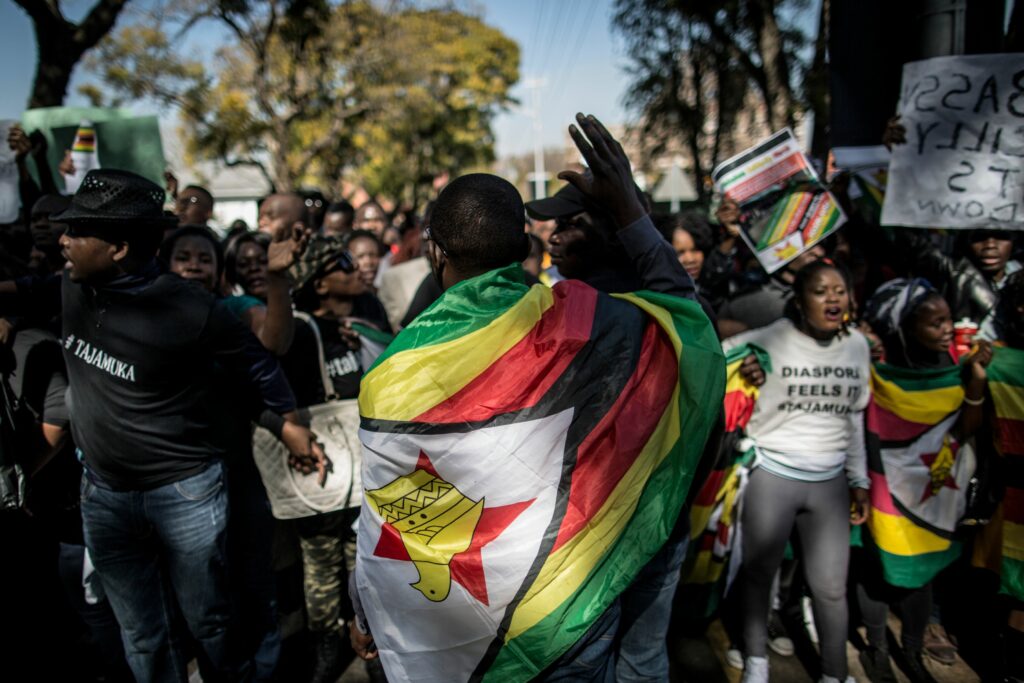In a landmark ruling that has significant implications for the Zimbabwean community in South Africa, the Pretoria High Court has declared the decision by the Department of Home Affairs to cancel the special exemption permits of Zimbabweans living in the country as unlawful, unconstitutional, and irrational. The ruling brings relief to thousands of individuals who were facing uncertainty and potential deportation, highlighting the importance of upholding the rights and dignity of all residents.
The special exemption permits were initially introduced in 2009 to provide temporary legal status to Zimbabwean nationals residing in South Africa due to political and economic challenges in their home country. These permits allowed them to live and work in South Africa without fear of deportation. However, in 2021, the Department of Home Affairs announced the cancellation of these permits, sparking widespread concern and legal challenges.
The Pretoria High Court, in a comprehensive judgment, ruled that the decision to cancel the special exemption permits was unlawful, unconstitutional, and irrational. The court found that the cancellation violated the affected individuals’ rights to dignity, equality, and administrative justice, as guaranteed by the South African Constitution. The judgment emphasises the importance of fair and reasonable decision-making processes by government departments.
The ruling has significant implications for the Zimbabwean community in South Africa, many of whom have built their lives and established businesses in the country over the years. The uncertainty surrounding their legal status had created immense anxiety and fear of potential deportation. The court’s decision provides them with a renewed sense of security and the opportunity to continue contributing to the social and economic fabric of South Africa.
The judgment also highlights the need for comprehensive and compassionate immigration policies that protect the rights of migrants and recognize their valuable contributions to host countries. It calls for a balanced approach that acknowledges the challenges faced by migrants while taking into account the economic and social benefits they bring.
The Department of Home Affairs now faces the task of reassessing its decision and reviewing its immigration policies. The court’s ruling offers an opportunity to engage in constructive dialogue and develop a more inclusive and humane approach towards Zimbabwean nationals and other migrants living in South Africa.
Human rights organisations and advocacy groups have welcomed the court’s ruling, emphasising the importance of respecting the rights and dignity of all individuals, regardless of their nationality or immigration status. They have called for the government to ensure a fair and transparent process for regularising the status of affected individuals and to develop long-term solutions that address the complexities of migration in a sustainable and compassionate manner.
The judgment provides hope for individuals affected by the cancellation of their special exemption permits and underscores the importance of fair and equitable treatment for all people, regardless of their background or country of origin.
